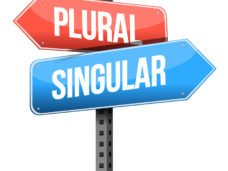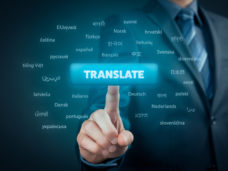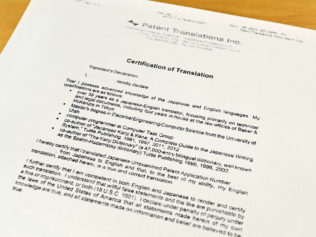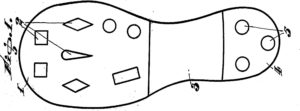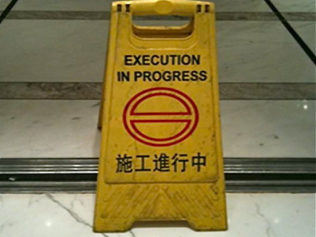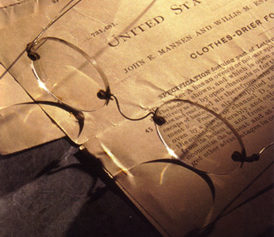Can attorneys tell?
I once had the chance to edit a translation by a well-known and very successful (by which I mean busy) J>E translator. There were numerous problems with the translation which could be attributed to a poor grasp of Japanese and a poor understanding of the technology. The result was a translation that seemed to describe an entirely different invention than the one in the patent. A typical example follows:
タッチ位置により入力イベント数は異なる。
(mistaken translation) The number of the input event is different from the touch position.
(correct translation) The number of input events varies depending on the touch position.
As I was going through these old files today, I stopped and scratched my head for a while. Given this translator’s throughput (nearly a million words a year) it is unlikely that many attorneys have noticed anything wrong with the translations they get. You have to be popular to get a million words a year worth of orders. It is likely that the imaginary machines that he describes serve the purposes of the attorneys’ arguments at the PTO just as well as the real machines would have — who knows, perhaps even better.
For someone who spends a great deal of time fussing over the exact right word, it’s interesting to be reminded that there are probably vast amounts of business that goes forward based on the wrong words.
Of course, it’s not always without consequence. I was once called upon to check over a translation from English into Japanese that had been filed with the JPO a decade earlier. The patent was now being infringed and the client wanted to know if their original wording, which would have covered light sources of all types, had been used in the translation. Sadly, it turned out that the translation didn’t cover light sources at all. The translator had misread “projection” as meaning physically jutting out (as in, “the ledge projects from the wall” — 突出 instead of 投影) which, in Japanese, has nothing to do with light. I wasn’t around to find out how the whole thing ended, but I don’t imagine it could have been very happily.
Martin Cross
Japanese Patent Translation



